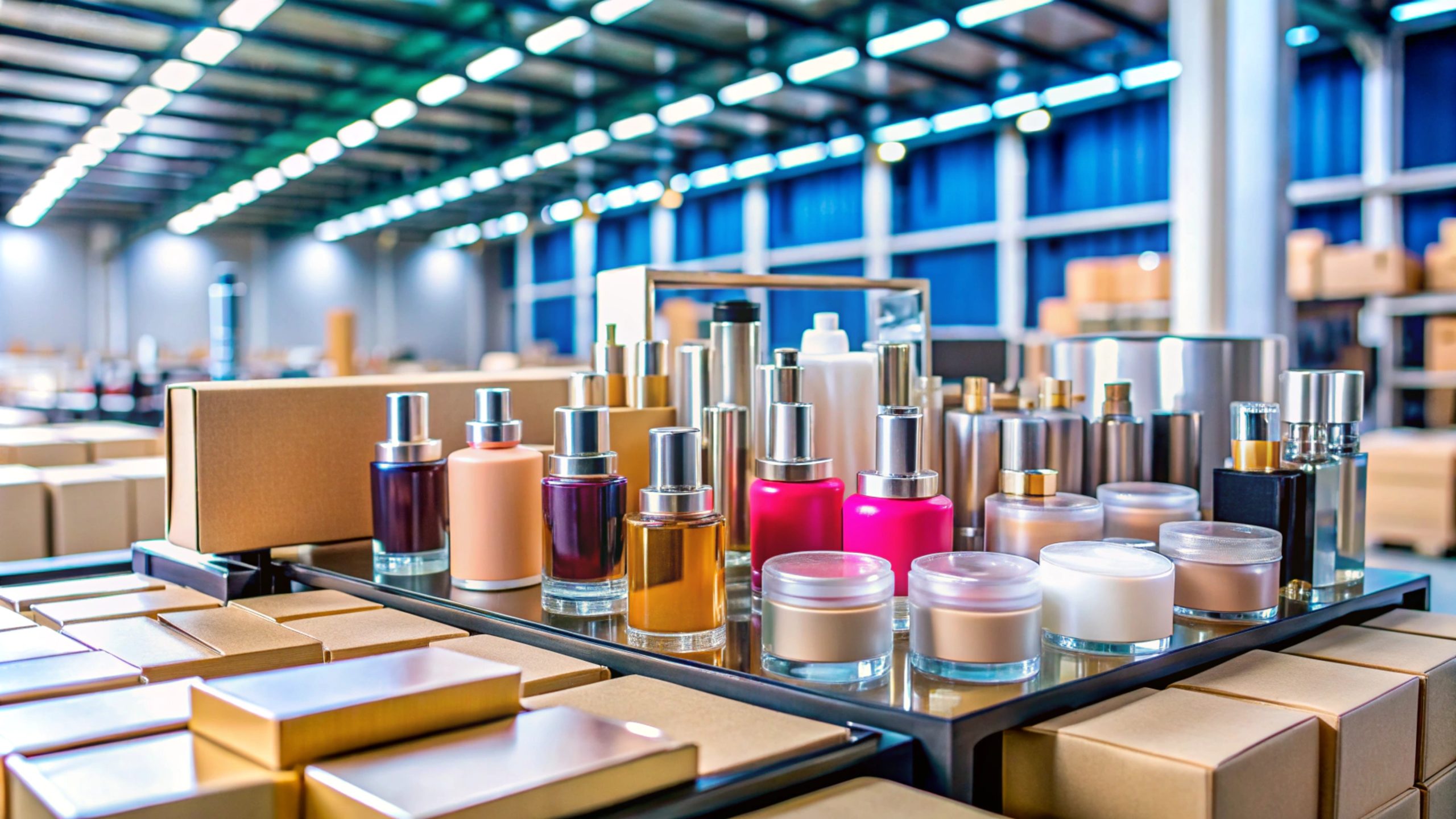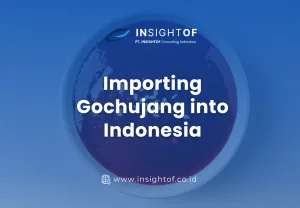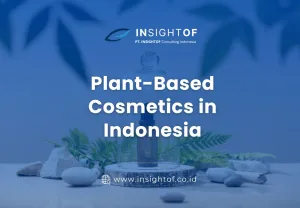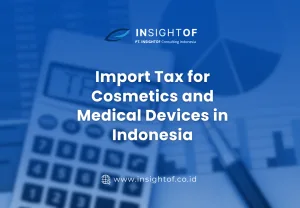 Cosmetics distributed in Indonesia must meet safety, efficacy, quality, and labeling requirements. Cosmetics that do not meet these standards must be recalled. Recall is the process of withdrawing cosmetics from circulation. Every cosmetics industry, importer, or business entity that enters into a production contract must recall non-compliant products.
Cosmetics distributed in Indonesia must meet safety, efficacy, quality, and labeling requirements. Cosmetics that do not meet these standards must be recalled. Recall is the process of withdrawing cosmetics from circulation. Every cosmetics industry, importer, or business entity that enters into a production contract must recall non-compliant products.
Criteria for Recalling Cosmetics
According to Regulation Number 11 of 2017 from the Head of the National Agency for Food and Drug Control, the criteria for recalling cosmetics include:
- Containing prohibited materials
- Does not meet the requirements for microbial contamination
- Does not meet the requirements for heavy metal contamination
- Contains materials exceeding the permitted levels
- Expired
- Includes labeling that is not objective, misleading and/or contains information as if it were a drug.
Implementation of Cosmetic Recall
The Notification Number Owner must carry out the recall as ordered by the Head of the Agency. The recall is implemented based on:
- Findings from inspection results at production facilities, importers/individual businesses or business entities that have production contracts, and/or distribution
- Sampling and testing results
- Tagging evaluation results
- Post Market Alert System (PMAS) receipt results
- Product Information Document (DIP) audit results
- Follow-up on evaluation results of public complaints/complaints
- Results of monitoring side effects of cosmetics
Additionally, the Notification Number Holder can initiate recalls based on the results of monitoring retained samples and internal audits. They conduct recalls for:
- Entire batches of cosmetics that contain prohibited substances or have misleading labeling
- Non-compliant batches that do not meet microbial contamination requirements
- Non-compliant batches that exceed microbial contamination limits or have expired








